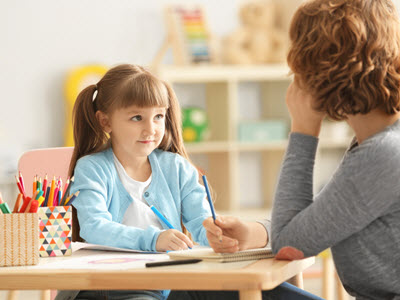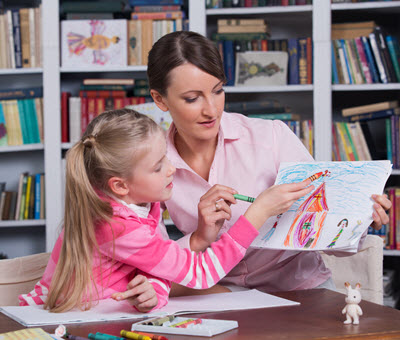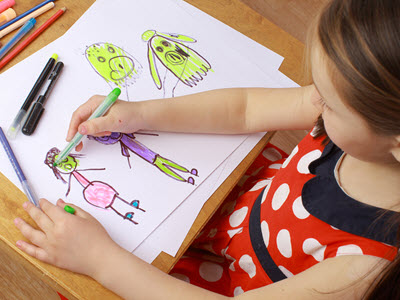Where do I go from here?
 My child comes home from school, and I can tell something is up because her shoulders are hunched, and eyes are looking elsewhere.
My child comes home from school, and I can tell something is up because her shoulders are hunched, and eyes are looking elsewhere.
The teacher has reported that she has been biting her finger nails and choosing not to participate in her favorite activities with her classmates.
When I ask, “How was your day?” she makes it clear that she does not want to talk. Tempting her with snacks and her favorite movies eventually stopped working. At this point, I feel as though the more I ask, “What’s wrong or how are you feeling” the more distant she becomes.
The fear of completely losing her makes me feel anxious because I’m worried about her. She was always a happy kid who had lots of friends and loved playing outside.
I racked my mind for all the things going on in our family life and school that may affect her. Sure, there is a lot going on since the divorce and the dog being put down. That was over a year ago. She seemed to be doing better.
But the last time I brought up daddy not living at home, she responded with, “I’m fine, stop asking me, I don’t care.”
 How can you help your child with their feelings?
How can you help your child with their feelings?
Situations likes these can be frustrating for children who have experienced a challenge and find it difficult to express feelings verbally. In fact, most children have a tough time using words to let you know what is going on.
For younger children, playing and making art is their language. When it comes to feelings, children often find it easier to engage in an ally, or a therapist, to shield their parent from the pain, worry, or burden of their true emotions.
As a parent who wants the best for their child, it can be overwhelming having to handle all this on your own.
There is a way.
 Therapy provides a space where your child can engage in their language of emotional development by utilizing play and art making.
Therapy provides a space where your child can engage in their language of emotional development by utilizing play and art making.
Art therapy embraces creative self-expression to develop coping skills, tolerate frustrations, and regulate emotions to reduce stress or anxiety. Often therapy sessions will ask for your participation as the parent for you to connect with your child about their feelings.
Supporting parents through the therapeutic process for children to thrive and feel understood is valuable for both the parent-child relationship as well as the course for therapy.
Don’t delay helping your child. Call now at (516) 253-1243 to discuss how children’s therapy can benefit your child.

